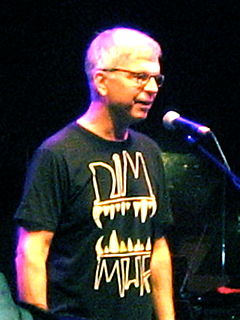A Quote by James Chanos
Bubbles are best identified by credit excesses, not valuation excesses. And there's no bigger credit excess than in China.
Related Quotes
When excesses such as lax lending standards become widespread and persist for some time, people are lulled into a false sense of security, creating an even more dangerous situation. In some cases, excesses migrate beyond regional or national borders, raising the ante for investors and governments. These excesses will eventually end, triggering a crisis at least in proportion to the degree of the excesses. Correlations between asset classes may be surprisingly high when leverage rapidly unwinds.
Our inspired Constitution is wisely designed to protect from excesses of political power, but it can do little to protect us from the excesses of appetite or from individual indifference to great principles or institutions. Any significant unraveling of the moral fiber of the American people, therefore, finally imperils the Constitution.
Remember what Teddy Roosevelt did. Yes, he took on what he saw as the excesses in the economy, but he also stood against the excesses in politics. He didn't want to unleash a lot of nationalist, populistic reaction. He wanted to try to figure out how to get back into that balance that has served America so well over our entire nationhood.
If you give a little credit to the concept of the artist, I think you ought to indulge excesses a bit, because that reflects the personality of the writer. Now if a joke is in bad taste or it's not funny, okay, that's awhole different thing, but how you craft a joke is really what the writer's job is, and I don't think that technique should be subject to any editorial constraints.
Look at what I am proposing, and we [wih Bernie Sanders] have a vigorous agreement here. We both want to reign in the excesses of Wall Street. I also want to reign in the excesses of Johnson Controls that we bailed out when they were an autoparts company, and we saved the auto industry, and now they want to avoid paying taxes.

































